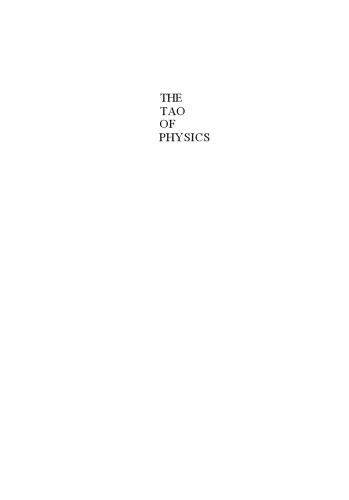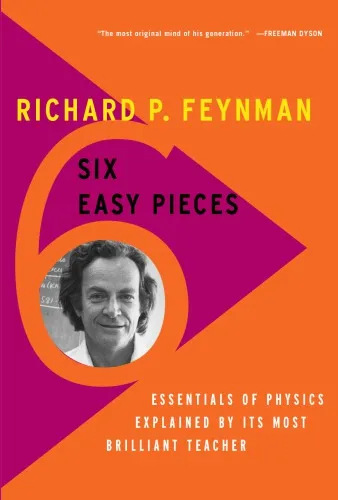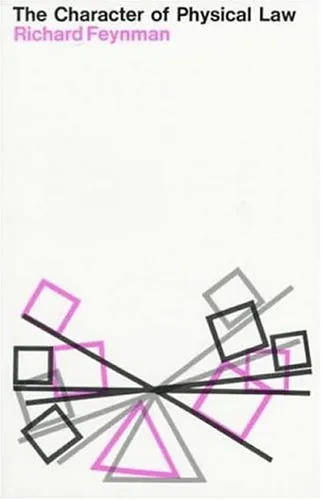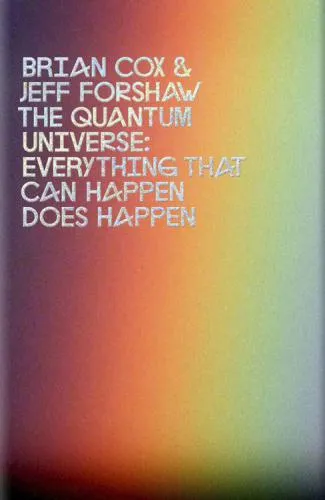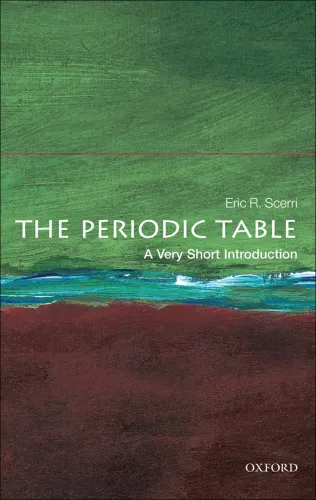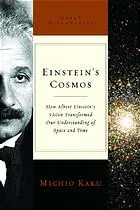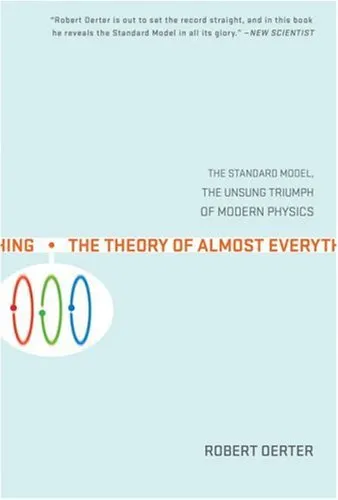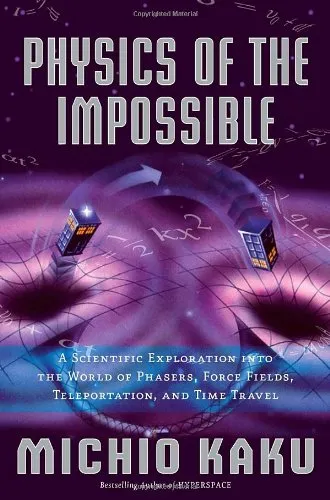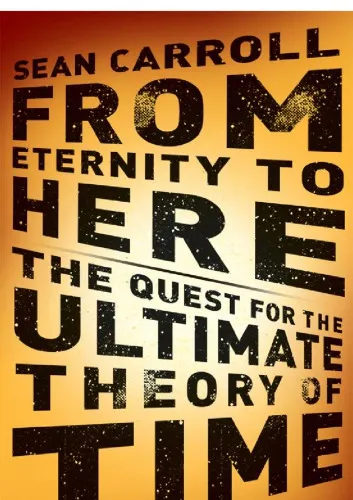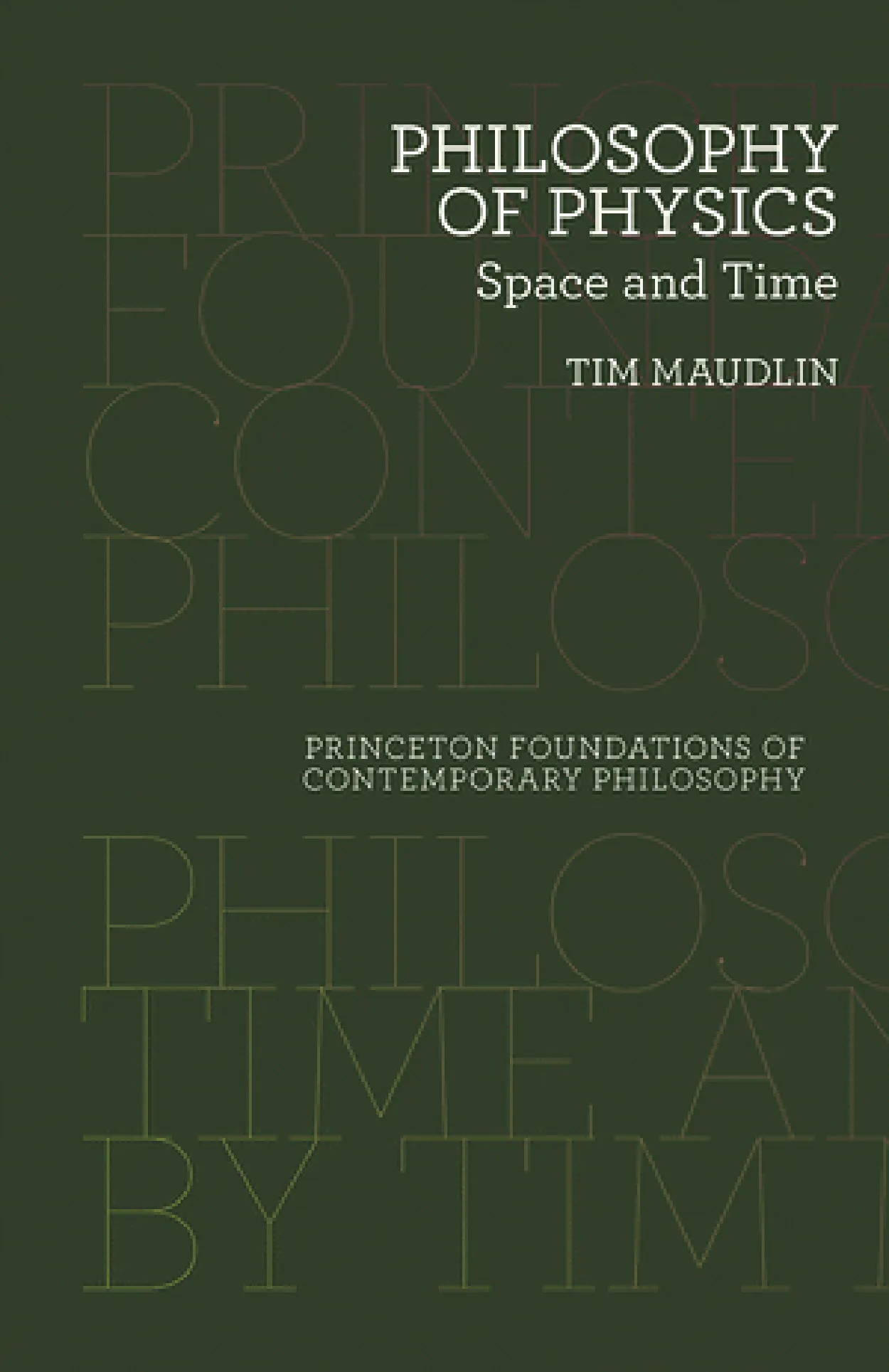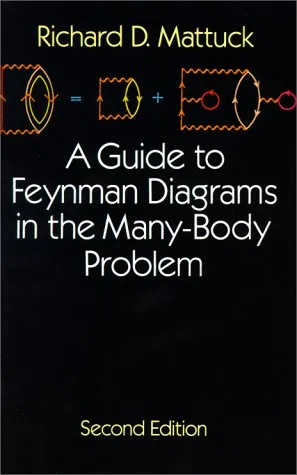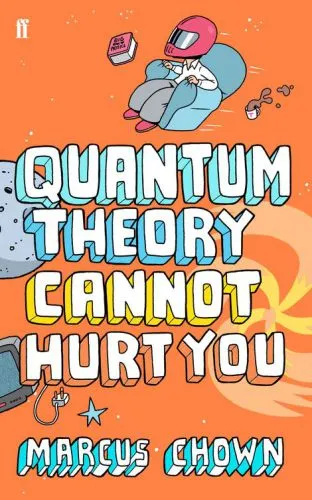The Tao of Physics
4.5
Reviews from our users

You Can Ask your questions from this book's AI after Login
Each download or ask from book AI costs 2 points. To earn more free points, please visit the Points Guide Page and complete some valuable actions.Related Refrences:
Introduction to "The Tao of Physics"
"The Tao of Physics" by Fritjof Capra is a groundbreaking exploration of the intersection between modern physics and ancient spiritual traditions. First published in 1975, this timeless work investigates the parallels between the language and philosophy of Eastern mysticism and the revolutionary discoveries in quantum physics and relativity. A profound and visionary book, it bridges two seemingly disparate realms: science and spirituality, offering readers a holistic understanding of reality.
The book delves into the intricate dance between the scientific quest for understanding the universe and the mystical search for unity and interconnectedness. Capra eloquently shows that, despite their different approaches, both paths lead to the same truths about the nature of reality. "The Tao of Physics" offers a compelling narrative for those who seek to reconcile rational, empirical inquiry with the profound spiritual insights offered by Eastern traditions such as Taoism, Buddhism, and Hinduism.
This monumental work is essential reading for anyone fascinated by the deeper meaning of the universe, as Capra invites us to reconsider our assumptions about science, religion, and the interconnectedness of life. By using a multidisciplinary approach, he not only celebrates the beauty of both worlds but also inspires a new way of thinking about how humanity can grasp its place in the cosmos.
Detailed Summary of the Book
The book begins with an examination of Western scientific paradigms, particularly focusing on the Cartesian worldview and Newtonian mechanics. Capra explains how these frameworks, which dominated science for centuries, gave birth to a mechanistic perception of the universe. However, such views began to fall apart with the advent of 20th-century physics, particularly through quantum theory and Einstein's theory of relativity. These groundbreaking developments radically transformed our understanding of the physical world, challenging ingrained notions of matter, space, and time.
As Capra dives deeper, he draws stunning parallels between the descriptions of the physical universe by modern physicists and the metaphysical concepts described in the spiritual texts of the East. For example, Heisenberg’s uncertainty principle echoes the mystical view that reality is not fixed but fluid, while quantum entanglement reflects the interconnectedness spoken of in Taoist philosophy. Through attention to detail and clarity of thought, the book creates a bridge between these two disciplines, illustrating their shared recognition of unity and oneness.
Furthermore, "The Tao of Physics" introduces the reader to key concepts in both fields. On the scientific side, Capra provides explanations of relativity, wave-particle duality, and quantum field theory. On the spiritual side, he delves into the fundamental teachings of Eastern mysticism, such as the Yin-Yang duality in Taoism and the cyclical nature of existence in Buddhism. By weaving these topics together, the book offers a profound vision of the harmony that exists across these disciplines.
Capra presents not just the theoretical links, but also the philosophical implications of these discoveries for modern humanity. He argues that understanding the interconnectedness between science and spirituality can enable humanity to move beyond destructive materialism into a more balanced way of being.
Key Takeaways
- Modern physics and ancient Eastern philosophies share a surprising congruence in their understanding of the universe.
- The mechanistic, reductionist worldview is incomplete, and a more holistic paradigm is needed to fully understand reality.
- Quantum theory emphasizes interconnectedness, complementing mystical teachings about the unity of all things.
- Human thought processes and our separation of "matter" and "spirituality" limit our understanding of the cosmos.
- Revisiting ancient wisdom can inspire a more integrated approach to solving modern environmental and societal crises.
Famous Quotes from the Book
"What we observe is not nature itself, but nature exposed to our method of questioning."
“Science does not need mysticism, and mysticism does not need science, but man needs both.”
"The more we penetrate into the microcosm, the more our picture of the physical world changes.”
Why This Book Matters
"The Tao of Physics" is not just a book about science or spirituality; it’s about reshaping the way we view reality. At its heart, it challenges the dogma of separation—between science and spirituality, between matter and consciousness, and even between human beings and the natural world. In an era rife with conflict, environmental degradation, and spiritual disillusionment, Capra's work encourages harmony and interconnectedness.
The book's relevance continues to grow as society becomes increasingly aware of the limitations of mechanistic thinking in addressing modern challenges. "The Tao of Physics" introduces readers to a paradigm that is as ancient as it is futuristic, reminding us that wisdom often lies in synthesizing perspectives rather than polarizing them. It is a work of extraordinary insight that speaks to scientists, philosophers, and spiritual seekers alike.
Free Direct Download
You Can Download this book after Login
Accessing books through legal platforms and public libraries not only supports the rights of authors and publishers but also contributes to the sustainability of reading culture. Before downloading, please take a moment to consider these options.
Find this book on other platforms:
WorldCat helps you find books in libraries worldwide.
See ratings, reviews, and discussions on Goodreads.
Find and buy rare or used books on AbeBooks.
1890
بازدید4.5
امتیاز50
نظر98%
رضایتReviews:
4.5
Based on 0 users review
"کیفیت چاپ عالی بود، خیلی راضیام"
Questions & Answers
Ask questions about this book or help others by answering
No questions yet. Be the first to ask!
